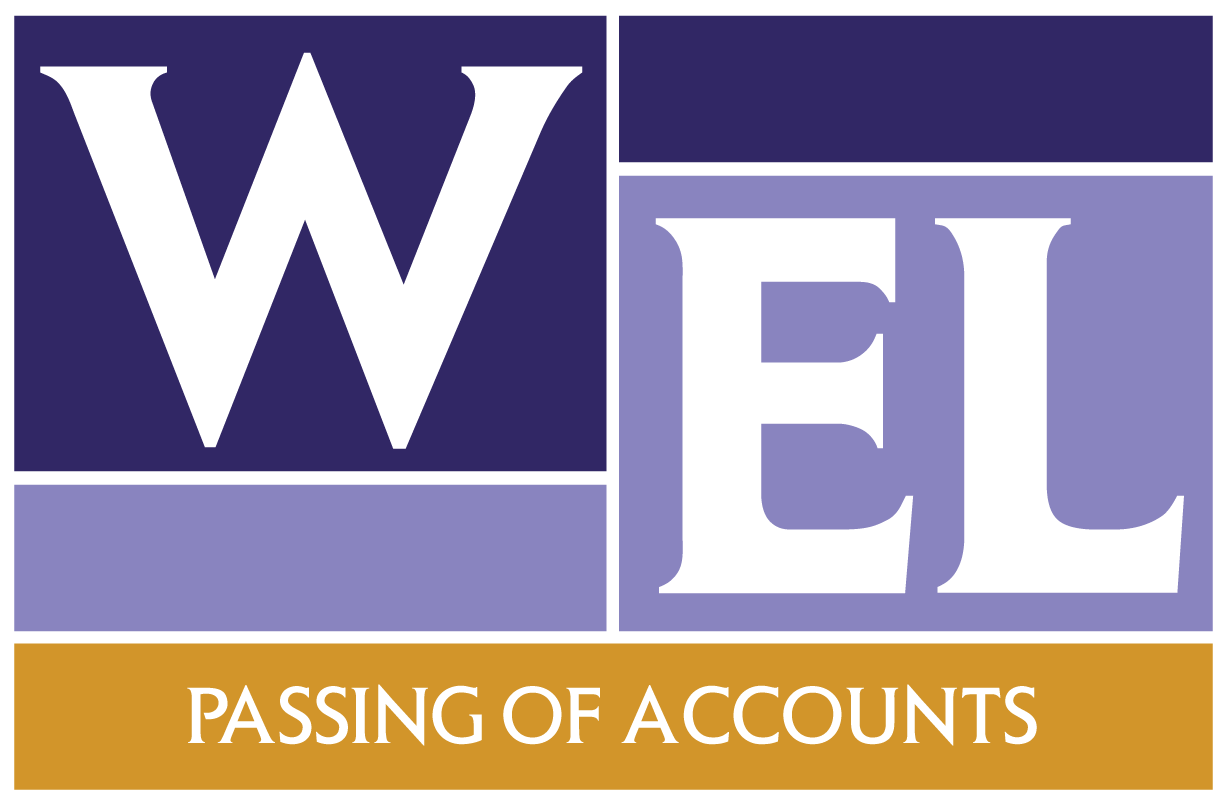Passing of Estate, Trustee, Attorney, Guardian & Fiduciary Accounts
Taking on the responsibility of a fiduciary is an onerous and challenging task and increasingly one with risk in being one that is less than fully compensable.
A fiduciary attracts must act with honesty, and integrity with a duty of loyalty and must account for all steps taken in the discharge of same. Not surprising therefore, the appointment often comes with scrutiny by virtue of the appointment itself. The role, responsibilities, and obligations are complicated by surrounding emotion, often death, abuse, familial complexity and more. Litigation is frequently commenced by those to whom the fiduciary is accountable.
The role of a fiduciary demands trust, integrity and transparency and exposes one to professional and personal liability. Increasingly, fiduciaries are asked to account informally by providing accounts to those who the fiduciary acts and more formally before a court in an application to pass accounts in accordance with the Rules of Civil Procedure,1 Rules 74.15-74.18, and the Estates Act,2 as well as other relevant legislation and common law practices.
There are processes and procedures which are mandatory as well as guidelines for best practices. Keeping current, proper accounts and being in a position to formally account when asked is critical.
WEL can help the fiduciary account, pass accounts, prepare accounts, defend accountings and help articulate and advocate for associated reasonable costs and compensation.
Footnotes:
1. Rules of Civil Procedure, RRO 1990, Reg 194.
2. Estates Act, R.S.O. 1990, c. E.21.
Resources:
WEL Book: Whaley Estate Litigation Partners on Fiduciary Accounting
This overview is intended for the purposes of providing information only and is to be used only for the purposes of guidance. This information is not intended to be relied upon as the giving of legal advice and does not purport to be exhaustive. Whaley Estate Litigation Partners.
Link to Practice Areas list
